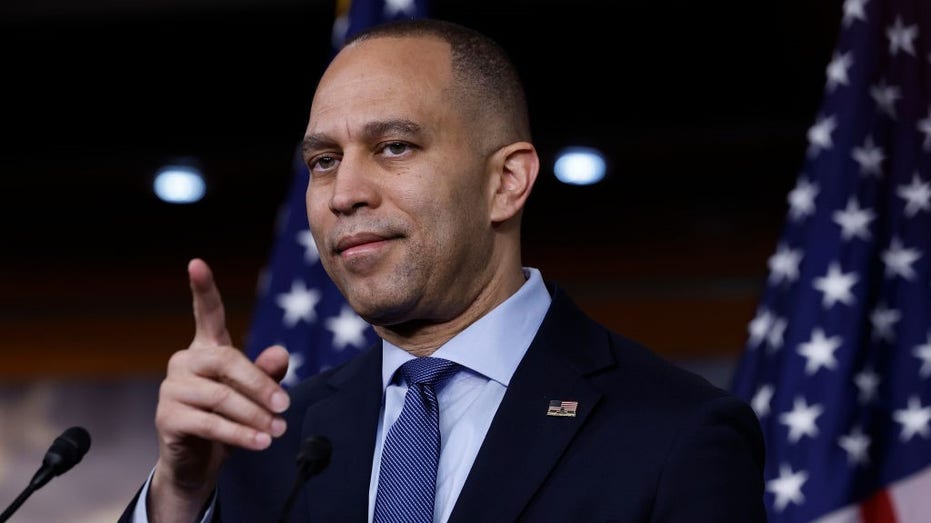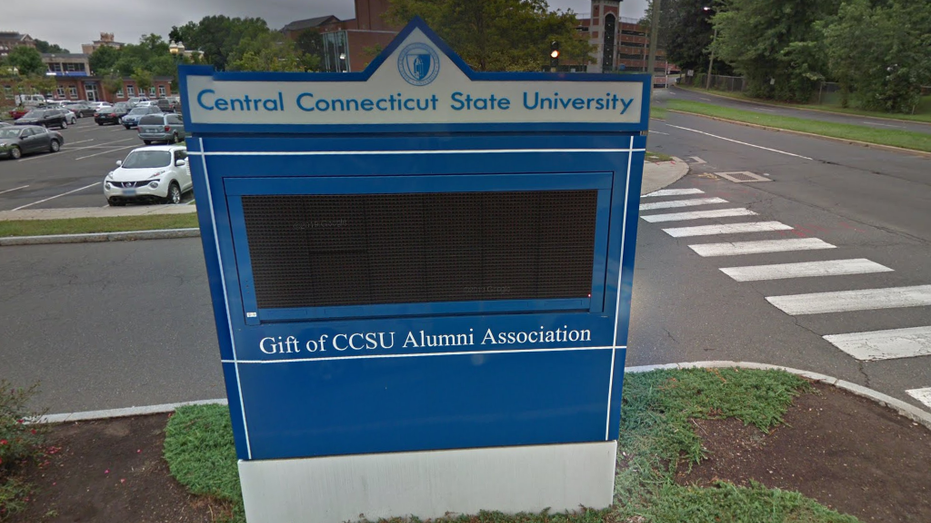The 10 safest states to live in the US, ranked
Sneaky Buddy/Shutterstock
- WalletHub released a report of the safest states in the US.
- It ranked states based on 52 safety indicators, including work safety and emergency preparedness.
- Vermont was ranked the safest state in the US, followed by New Hampshire and Maine.
With a rise in climate-related disasters — from hurricanes and storms to the recent wildfires in Los Angeles — one thing is clear: Safety is no longer limited to living in a crime-free neighborhood.
These days, safety has taken on a new meaning, encompassing a range of factors from emergency preparedness to financial stability.
Taking into account these evolving priorities, WalletHub released a report in October listing the safest states in the US based on 52 factors in five key areas: personal and residential safety, financial safety, road safety, workplace safety, and emergency preparedness.
Each state was given an overall score out of 100 based on its average rating across the five categories, and all the states were then ranked based on these scores.
The data used in the report was sourced from the US Census Bureau, Bureau of Labor Statistics, Federal Bureau of Investigation, TransUnion, and US Fire Administration, among other sources.
From Vermont and Maine to Utah and Wyoming, here are the 10 safest states in the US, according to WalletHub.
Bob Pool/Shutterstock
Wyoming, which also came 10th in 2023, ranked relatively high (15th) on both personal and residential and financial safety for 2024.
In all other categories — road and workplace safety and emergency preparedness — it ranked 21st. Casper, the second largest city in the state was also named the second safest city in the US in a separate study by WalletHub.
However, the state has the seventh-highest bullying incidence rate and the second-worst fatal occupational injuries per total workers, WalletHub reported.
Marianne Campolongo/Shutterstock
Rhode Island has also retained its ninth spot on the list.
The state ranked eighth on emergency preparedness scale and 11th on road safety. Its ranking for personal residential safety, though, dropped to 19, compared to eight in 2023.
Still, the state has the fewest fatalities per 100 million vehicle miles of travel, the fourth-fewest assaults per capita, the third-lowest bullying incidence rate, and the fourth-lowest share of uninsured residents, per WalletHub.
The state did not fare as well on the workplace safety ranking, standing 38th, despite having the fewest fatal occupational injuries per total workers.
Sean Pavone/Shutterstock
Minnesota, too, has maintained its ranking from 2023, retaining the eighth position.
The Midwestern state scored highly under three categories: financial safety, where it ranked ninth among all states; road safety, where it ranked second; and workplace safety, where it stood sixth.
It also has the third lowest fatalities per 100 million vehicle miles of travel and the fifth-lowest share of uninsured residents and fatal occupational injuries per total workers.
JTMC/Shutterstock
Connecticut, which ranked sixth in 2023, has swapped spots with Hawaii, previously ranked seventh.
The Constitution State, has the second best personal and residential safety among all 50 states. It is also the 16th safest in terms of emergency preparedness and 20th in road safety.
In addition to its high rankings, when compared to other states, it has the third-fewest assaults per capita, third-highest percentage of adults with rainy day funds, and, like Rhode Island, the second fewest fatal occupational injuries per total workers.
Pierre Leclerc/Shutterstock
Hawaii moved from seventh in 2023 to the sixth-safest state in the US in 2024.
This improvement is partly due to its strong performance in financial safety, where it ranked sixth, as well as in personal and residential safety and emergency preparedness, both ranking 11th.
The state also stands out for having the fifth-lowest rate of assaults per capita and the highest percentage of adults with rainy-day funds.
Nick Fox/Shutterstock
Utah, the fourth-safest state in 2023, moved down one spot, ranking fifth in 2024.
The Beehive State ranked No.1 among all states in workplace safety and fourth in emergency preparedness. It also fared well in road safety, ranking seventh overall.
Additionally, the state has the second-lowest per capita losses from climate disasters, which means it suffers relatively low monetary losses from events like hurricanes, floods, or wildfires when calculated per person.
Steve Rosenbach/Shutterstock
Massachusetts ranked among the top 10 in at least four categories, including third-highest in personal and residential and road safety.
It was also the fourth-best state in the US for financial safety and ranked 10th in emergency preparedness.
It's also the state with the second-fewest fatalities per 100 million vehicle miles of travel, the fifth-lowest bullying incidence rate, the lowest share of uninsured residents, and the fourth-highest percentage of adults with rainy-day funds, per WalletHub's report.
Fotogro/Shutterstock
WalletHub ranked Maine as the third-safest state to live in the US because of its high financial, personal and residential safety rankings. The state has one of the lowest unemployment rates and one of the strongest job growth rates in the country.
According to the report, the state also has one of the lowest crime rates in the country, with the second-fewest aggravated assaults and third-fewest thefts per capita. Between June 2022 and June 2024, it also had the second-fewest mass shootings.
In addition to its strong safety ranking, the Pine Tree State also has a very low risk of natural disasters.
Sean Pavone/Shutterstock
The Granite State, known for its natural beauty, ranked second on WalletHub's safety index.
It topped the rankings in personal and residential safety thanks to its low rates of violence, a high number of neighborhood watch groups per capita, and strong financial safety.
New Hampshire also secured second place in financial safety and ranked third overall in emergency preparedness. It has the fewest assaults per capita and the lowest unemployment rate, alongside South Dakota, North Dakota, Vermont, and Hawaii.
However, the state also has the sixth-highest bullying incidence rate in the country.
meunierd/Shutterstock
Vermont has been the safest state in the US on WalletHub's index for two years in a row.
The Green Mountain State has maintained its top position, in part because it is the No. 1 state in the country for financial safety — WalletHub reported it has one of the country's lowest employment rates and one of the strongest job growth rates.
Vermont also came second in workplace safety and fourth in road safety, with the report chalking this up, in part, to "good driving behavior": The state has the lowest percentage of drivers who've used a phone behind the wheel, per WalletHub.
It was also in the top 10 among the two other categories, ranking sixth in personal and residential safety and ninth in emergency preparedness.


